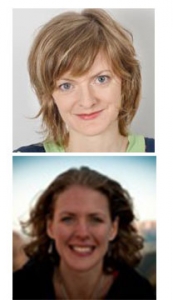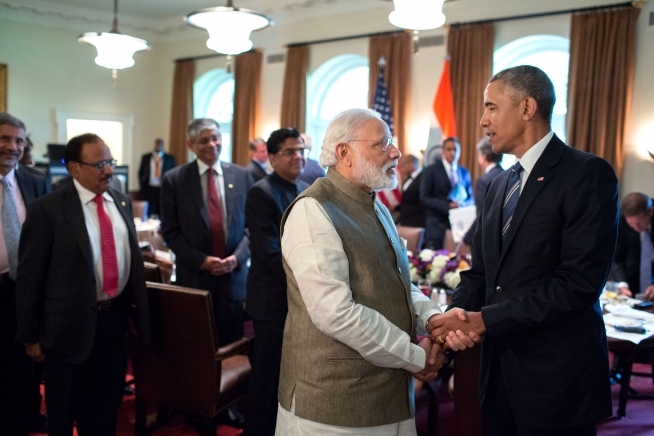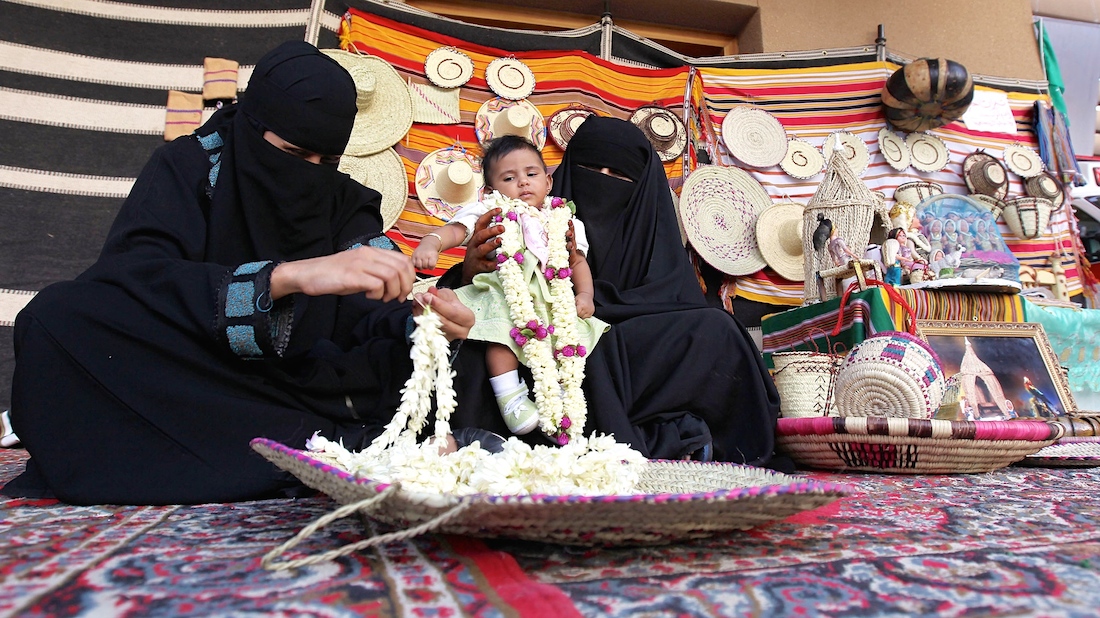
Moving Beyond the Rational, Returning to the Apolitical
Flash back to the year 2008.
The World Development Report (WDR) is celebrating its 30th birthday. This is an excellent opportunity to review and criticize past reports and make recommendations for the future. Shahid Yusuf, himself employed at the World Bank, for example recommends that future WDRs ought to be ‘an equal marriage of politics and economics.’ He argues that the direction of development is determined by the distribution of both political and economic power. Yet—we are in 2008, remember—commenting on the politics of a country is forbidden by the World Bank’s charter. Yet Yusuf remains hopeful. After all, the WDR 2004 was empowering citizens to deal with service providers; the WDR 2008 focuses on giving agricultural producers more power over policy makers.
This was cause for cautious optimism in 2008.
Two rather political WDRs followed in 2011 and 2012, on conflict and security and gender equality. Things seemed to change.
Which brings us to today. WDR 2015 has just come out. It marks a well-deserved triumph for behavioural science. Since the 1970s, behavioural science has argued that individuals systematically make irrational decisions. This does not mean they are stupid. It just means they are efficient. Always engaging in deliberative thinking, rationally assessing all available options for all decisions that we make all day every day is exhausting. Instead, we rely on automatic thinking: mental shortcuts to link our decisions to our experience, our social environment or stereotypes of the world. This means that how a student fares in a test is linked to whether classmates are watching or that a ceremonial token of appreciation can be a stronger motivator than pay . Behavioural science has explanations for these phenomena; rational choice models struggle. The WDR 2015 is also useful for those who argue that development should be evidence-based as it cites many recent, insightful, empirical studies.
But…what happened to politics?
Politics have disappeared, save a few scattered examples: about Brazil making a ballot paper easier to fill out for voters, a rather ill-fitting box on the ‘culture of corruption’ and an economic history study on political competition among chiefs in Sierra Leone. The main chapters are on familiar topics that traditionally shy away from politics (with the possible exception on the obligatory last chapter on climate change): productivity, poverty, household finance, child development and health.
Remember, the central theme of the WDR 2015 is individual behaviour and decision making. People do not only make decisions on what to produce, how to spend their earnings, on their health or the future of their children. People also make political decisions, even when they live in situations where obvious political choice seems limited. These decisions include who to vote for or whether to vote at all. There are many more: whether to complain about inadequate services, whether to participate in grass-roots level monitoring that development programmes (on paper) so often include, whether to become a leader in one’s village or neighbourhood, whether to support a peace process or conversely, whether to actively or passively support an armed group. How can a report on ‘society and behaviour’ not spend a single chapter how any of these decisions are made?
The WDR 2015 has pulled behavioural economics into mainstream development. What we now need is behavioural politics.
What would behavioural politics look like?
We attempted to find out in our research in Western Equatoria, South Sudan. People in this region have suffered violence from the Lord’s Resistance Army (LRA), particularly in 2008-2010. In response to this and a lack of response by the government army, communities have formed armed self-defence groups called the Arrow Boys. People participating in our research express a profound sense of fear the LRA would come and attack them, although (slightly contradictory) they also acknowledge that the LRA had been gone from the area for two years at the time we conducted our research. In this region, there is a radio station, Yambio FM, which broadcasts information about, and messages to the LRA per week.
How does being able to receive Yambio FM’s broadcasts influence individual political behaviour? A rational decision maker would weigh information received over the radio with other available information, possibly concluding that the messages to the LRA are a remnant of now obsolete NGO programmes. A behavioural decision maker might also realise this, but would nevertheless be influenced. Hearing more often about the LRA makes information about this risk more available (Tversky and Kahneman 1973), more at the forefront of people’s minds. This, not entirely unsurprisingly, can make people more afraid of the LRA, independent of the real risks. Indeed, we find that people who can receive Yambio FM express stronger fear of the LRA. And since the government army is seen to stand by and do nothing, while the Arrow Boys respond to the perceived threat, increased fear deteriorates the reputation of the government army, while it improves that of the Arrow Boys.
This is just one example of the possibilities of behavioural politics. Unfortunately, the WDR is almost entirely devoid of it. Politics and economics were never equally married in the WDR in the past. They just divorced.





